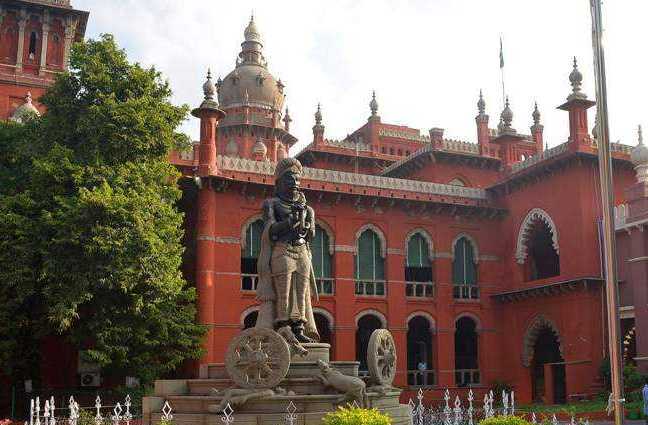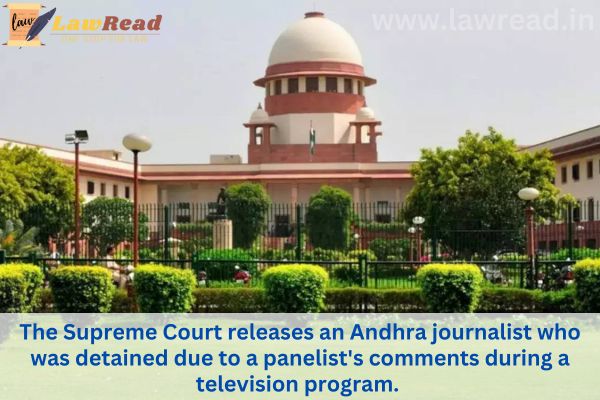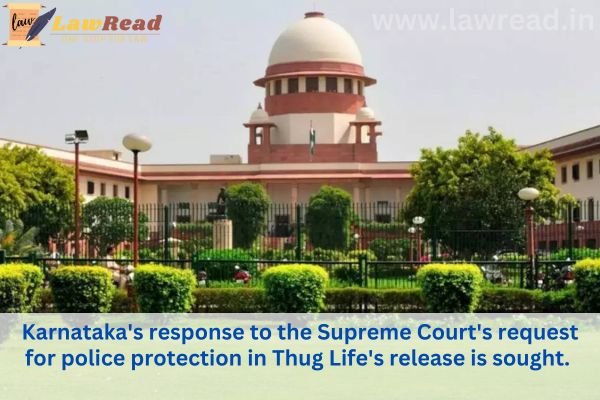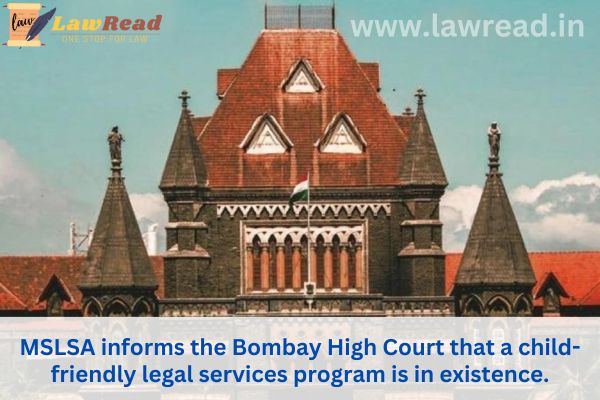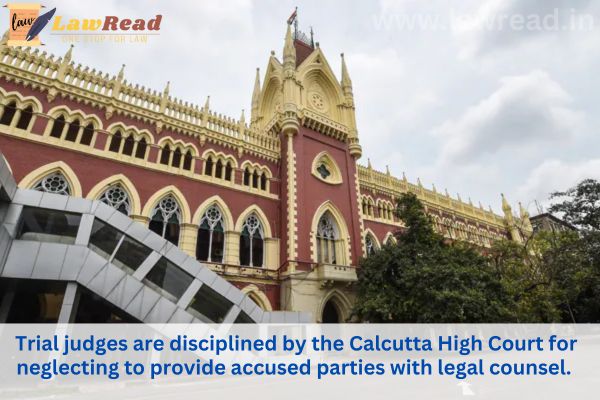News
Next Monday, the Supreme Court will consider a plea in Nishikant Dubey's contempt case.
The Attorney General has not replied to the request for authorization to file a contempt of court action against Dubey, a lawyer who brought up the issue informed the Court.
.jpg)
A plea seeking the beginning of a contempt of court case against Nishikant Dubey, a member of parliament (MP) for the Bharatiya Janata Party, for his remarks against the Supreme Court and Chief Justice of India (CJI) Sanjiv Khanna was ordered by the Supreme Court on Tuesday to be heard next week.
A lawyer brought up the issue before a bench of Justices BR Gavai and Augustine George Masih, stating that the Attorney General has not replied to the request for authorization to file a contempt case against Dubey.
"The comment has gone viral. Civil wars, according to Dubey, are caused by CJI. "The attorney (general) has not responded to this," the lawyer stated.
"List it next week," said Justice Gavai.
The subject was brought up before the same Bench on Monday as well.
But then the Bench asked the attorney to present a case to the AG.
Present your case before the AG. Justice Gavai had stated, "He will grant permission."
A private citizen can only file a contempt of court petition in the Supreme Court with the approval of the Attorney General or the Solicitor General, according the Contempt of Courts Act, 1971.
In an interview with Asian News International (ANI) last week, Dubey said that CJI Khanna was responsible for "all civil wars in the country."
Following his remarks, some attorneys had written to the AG requesting authorization to use the Contempt of Courts Act to bring contempt of court cases against Dubey.
Dubey's remarks coincide with a retaliation by BJP leaders against the judiciary, especially the highest court, for purportedly enacting laws through judicial rulings and adopting executive decisions.
Shortly after the top court intervened in the petitions against the Waqf Amendment Act, Dubey had targeted the CJI, which prompted the government to agree not to enforce certain of the contentious law's provisions.
Jagdeep Dhankar, the vice president and chairman of the Rajya Sabha, had previously claimed that judges in the nation are not subject to the law and are not held accountable.
Following the Supreme Court's recent ruling on the interpretation of the Governor and President of India's powers with regard to the passage of bills passed by State legislatures, Dhankar had made a jab at the court.

